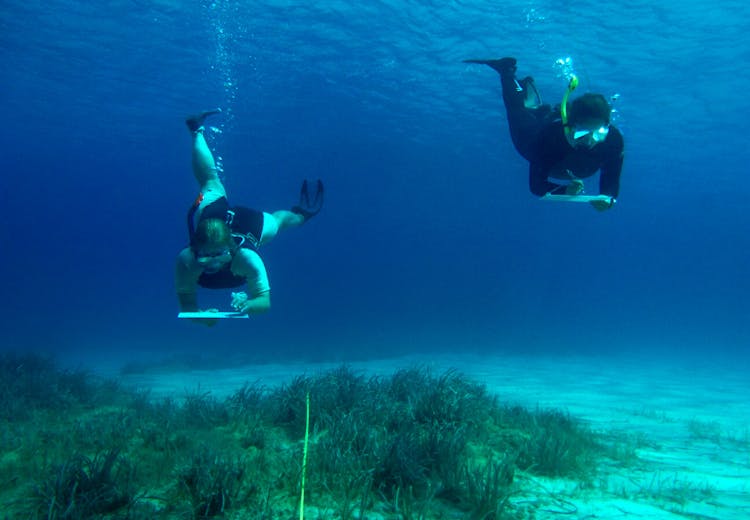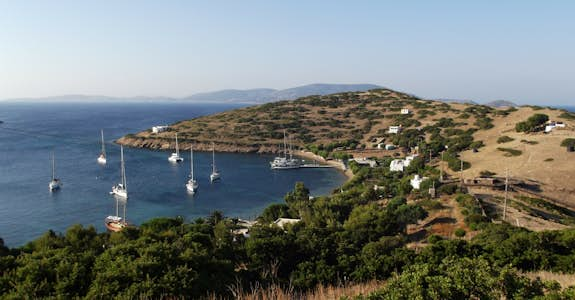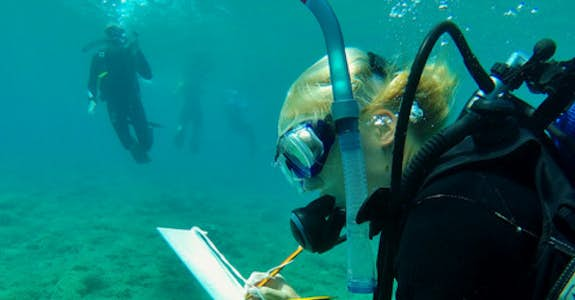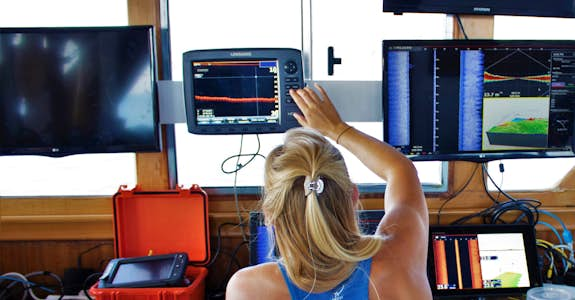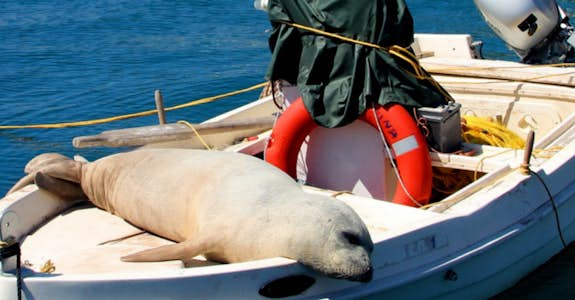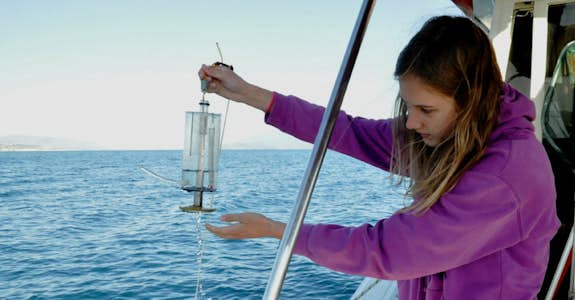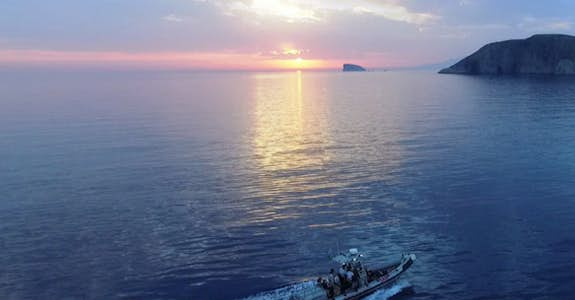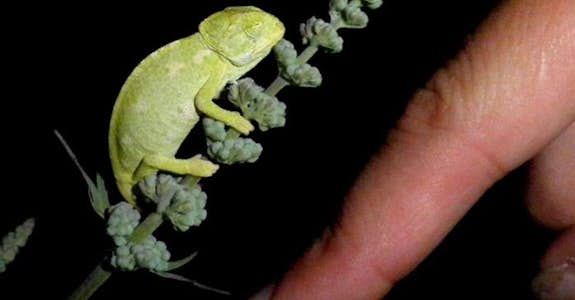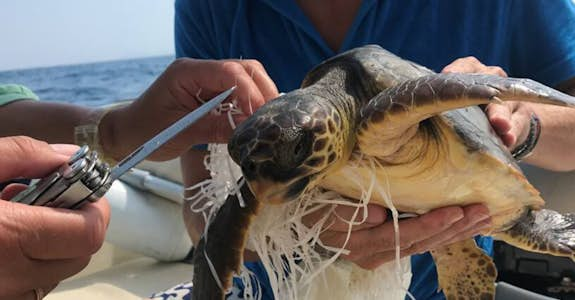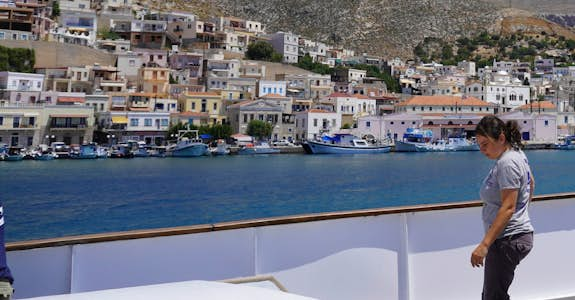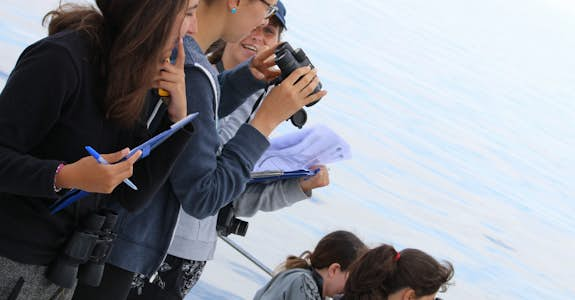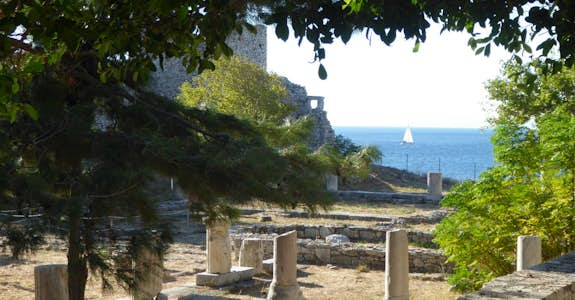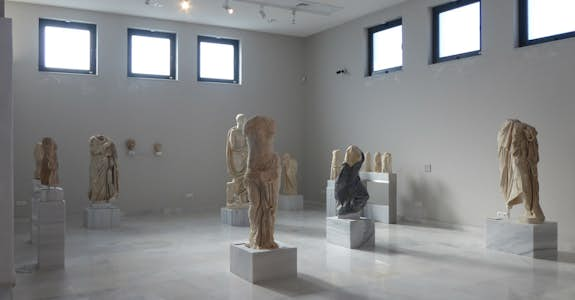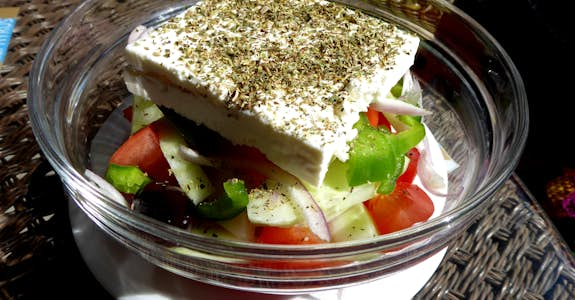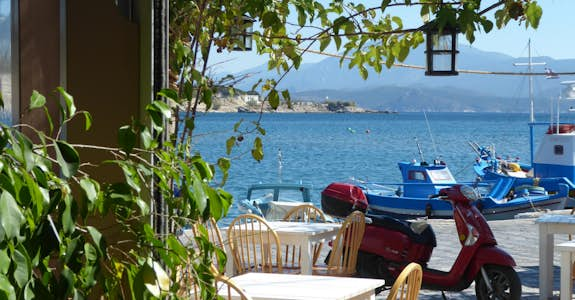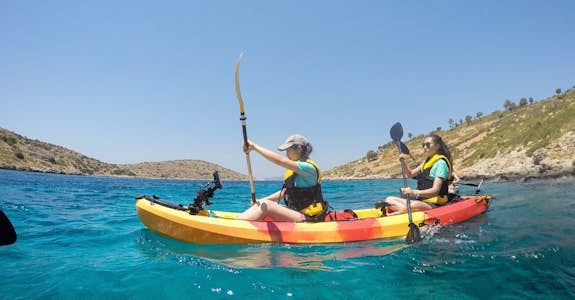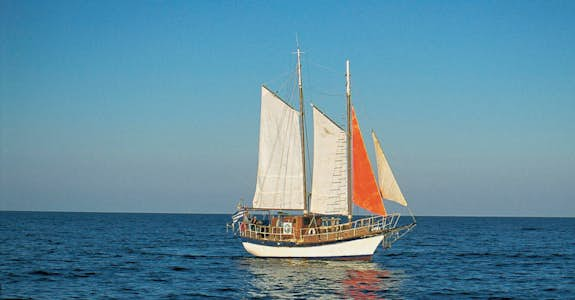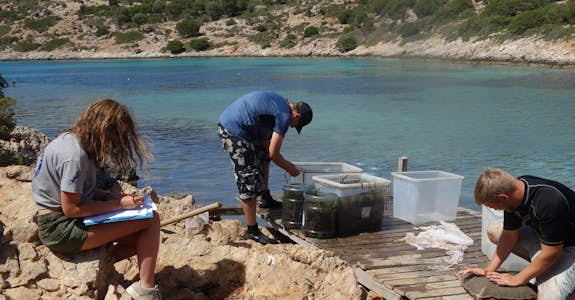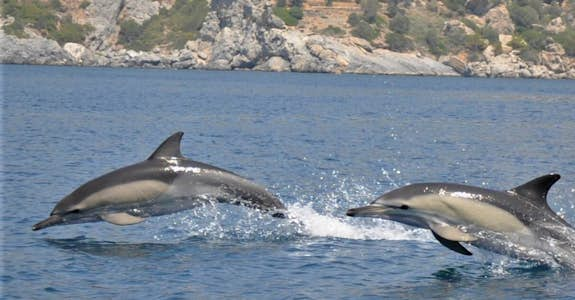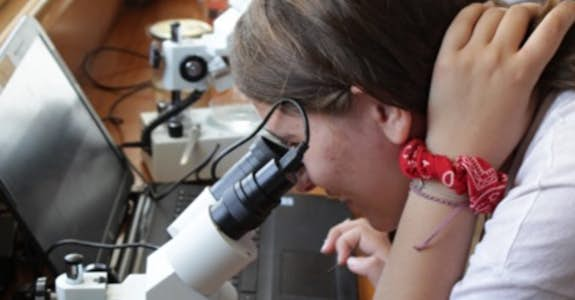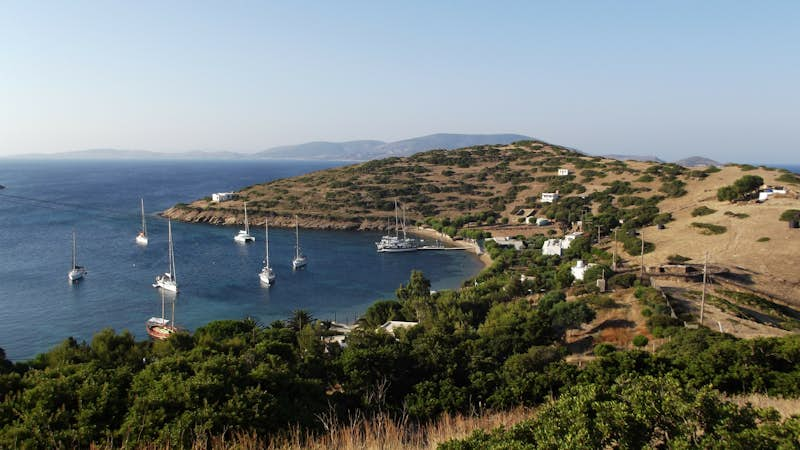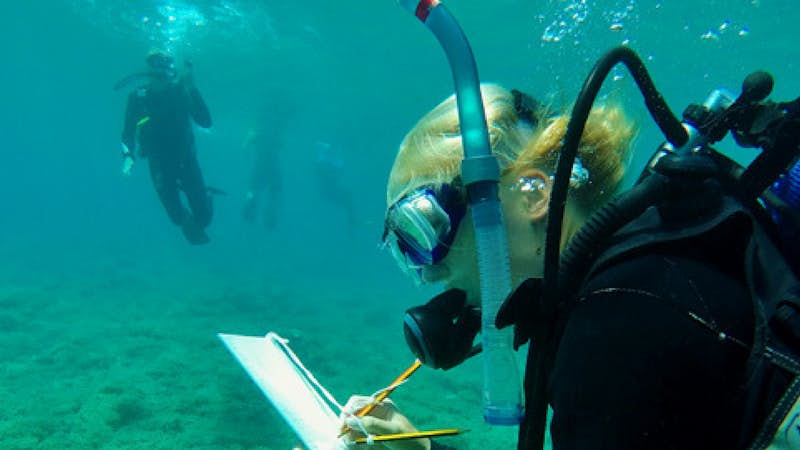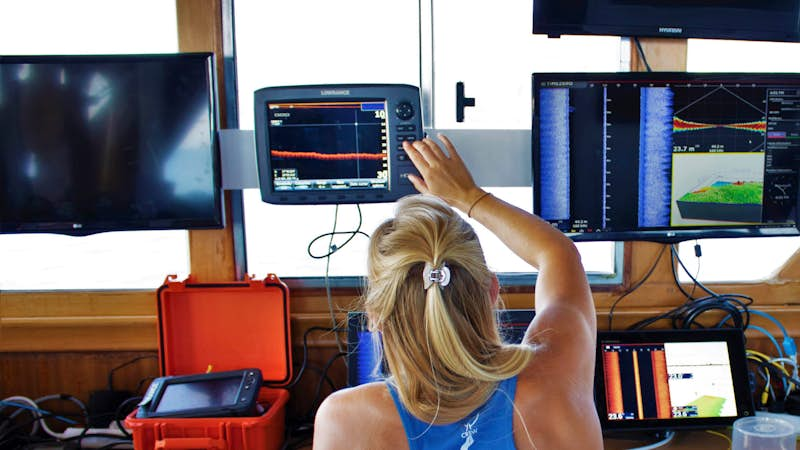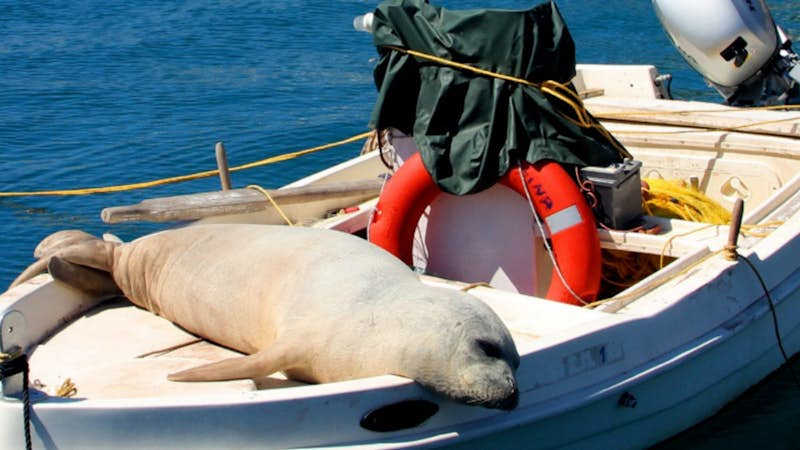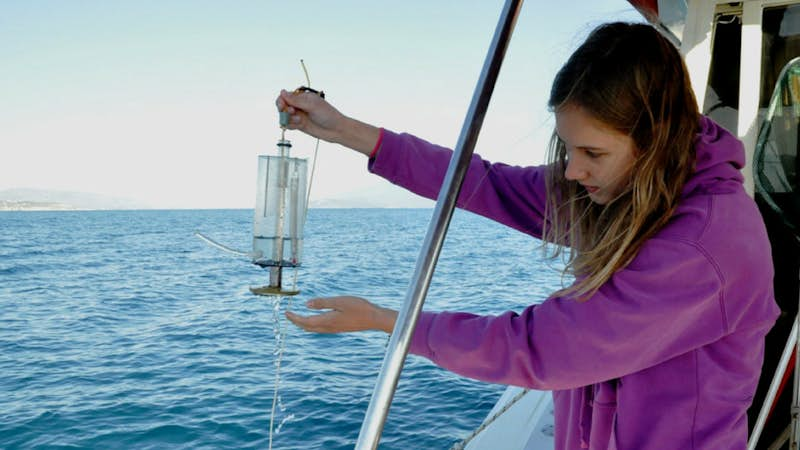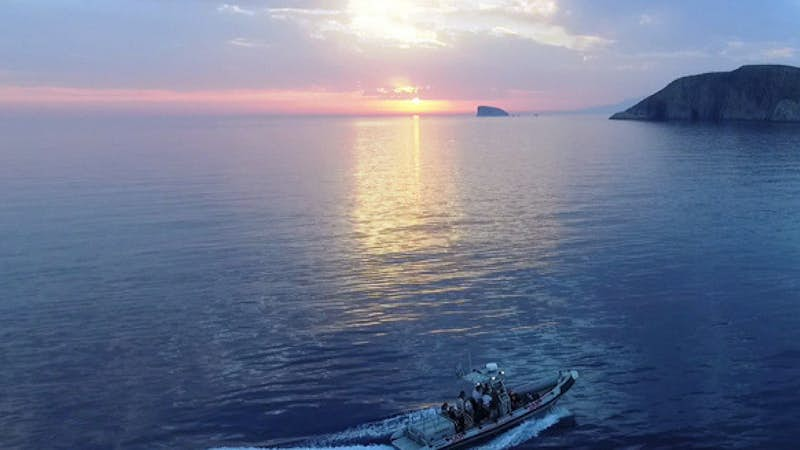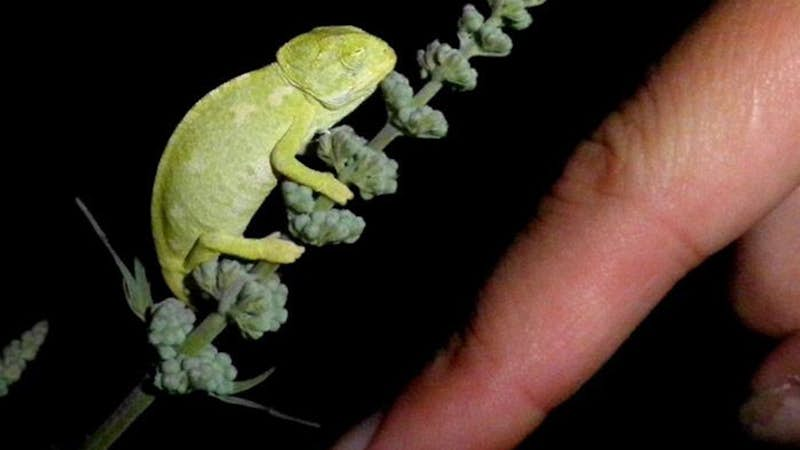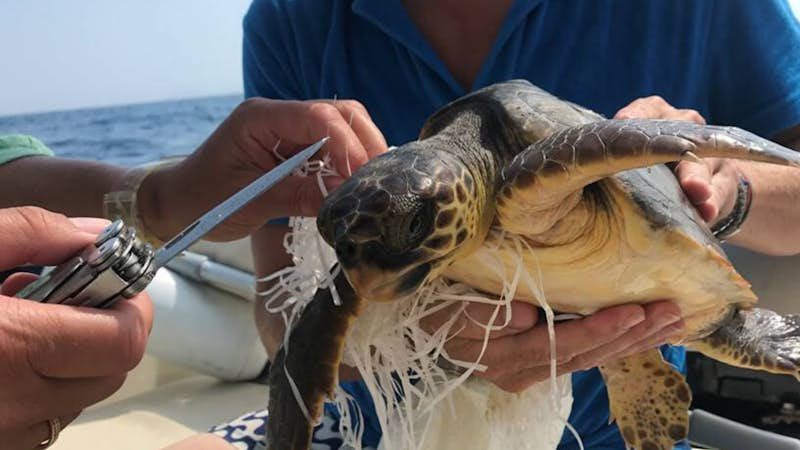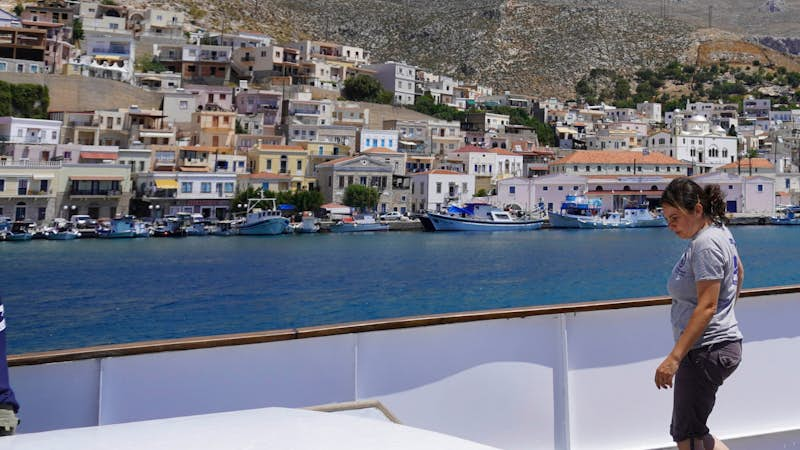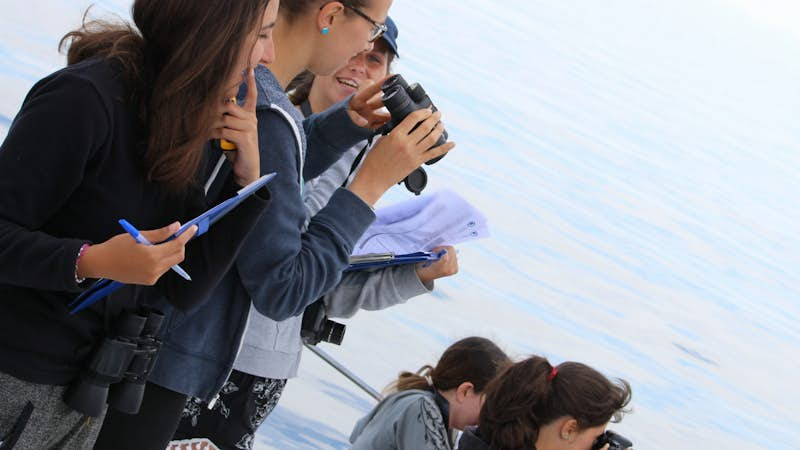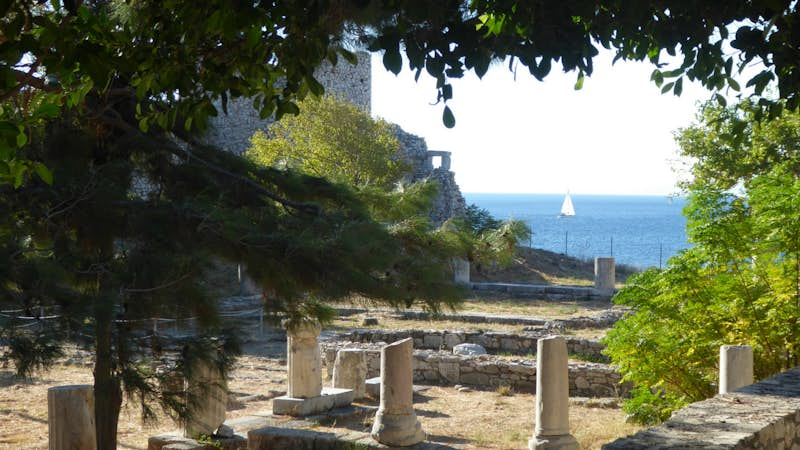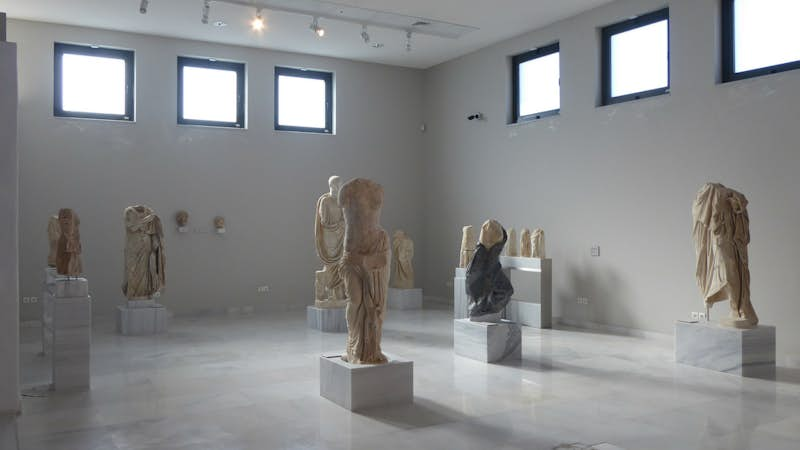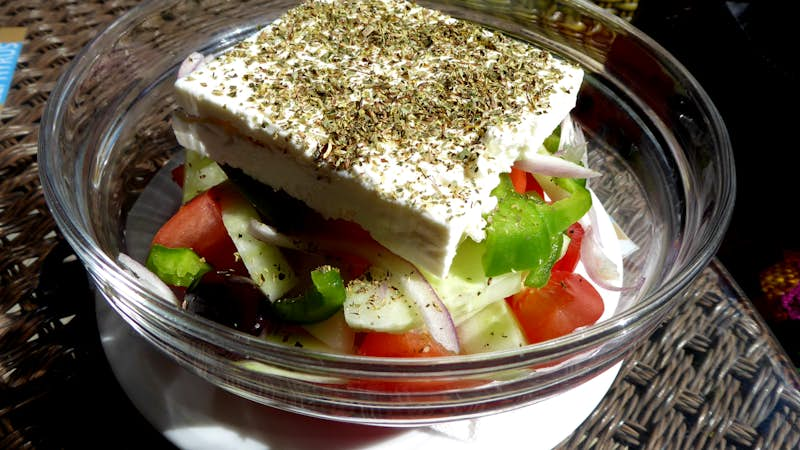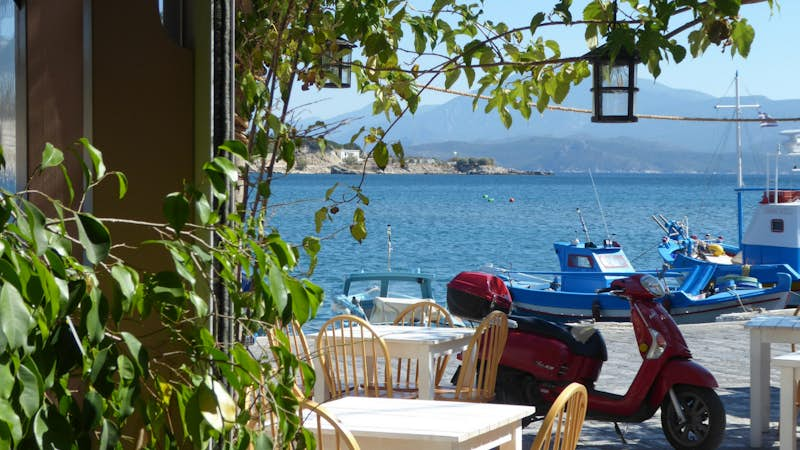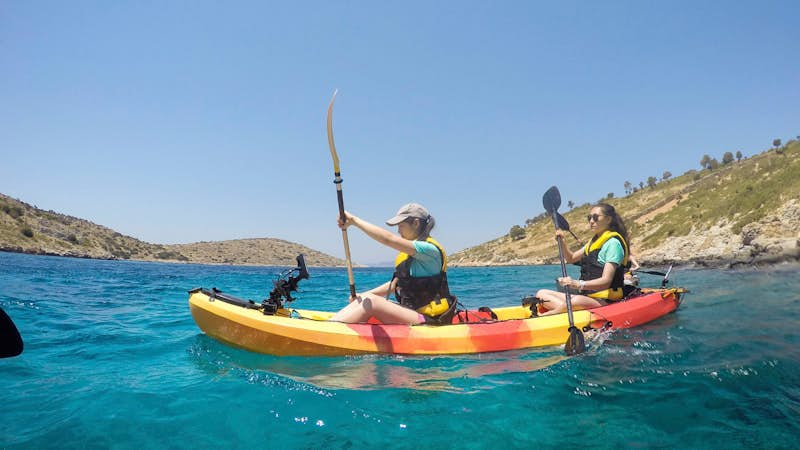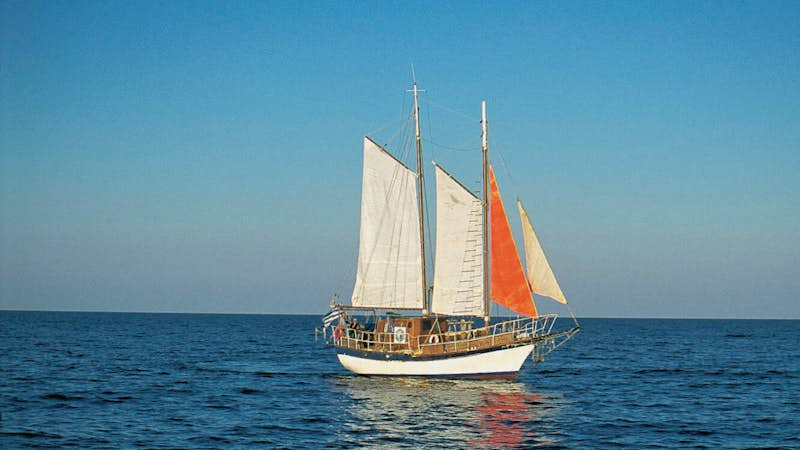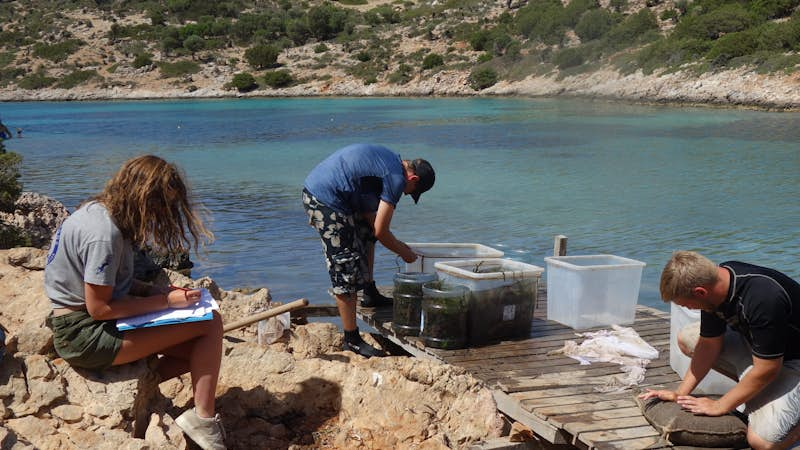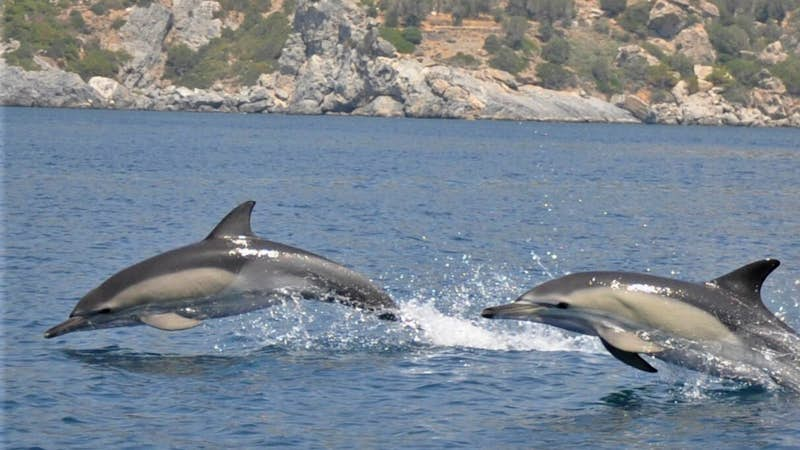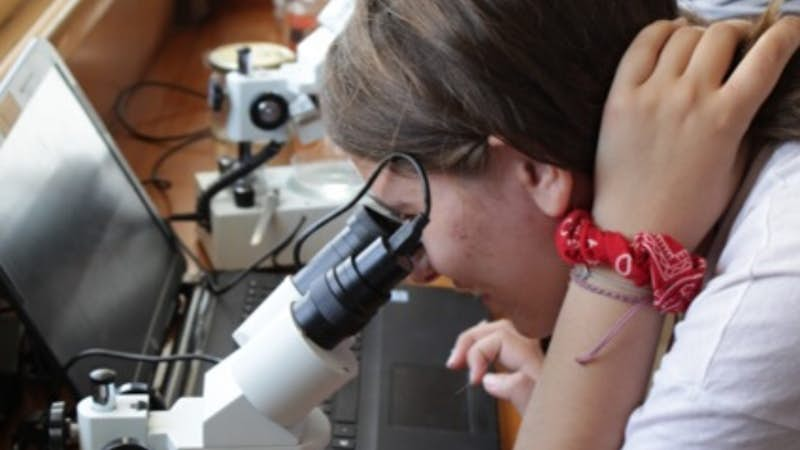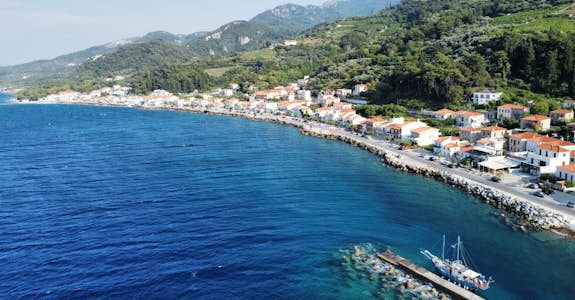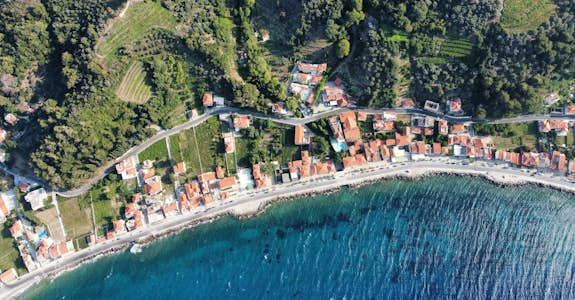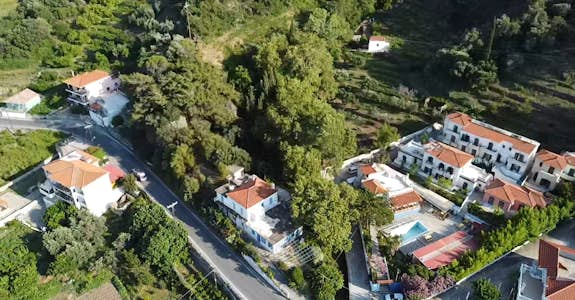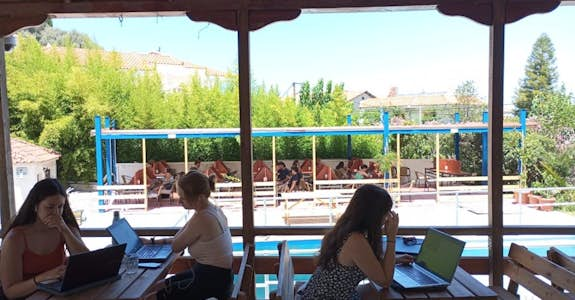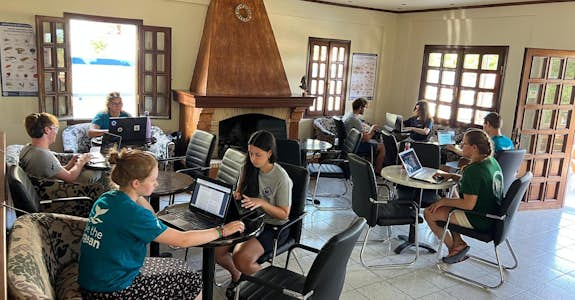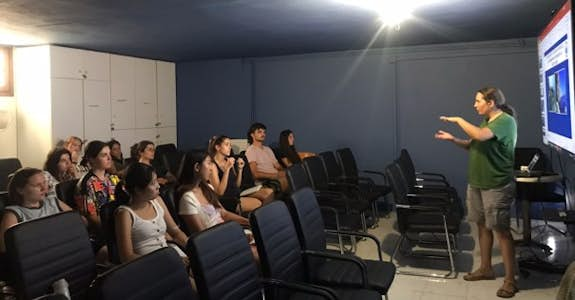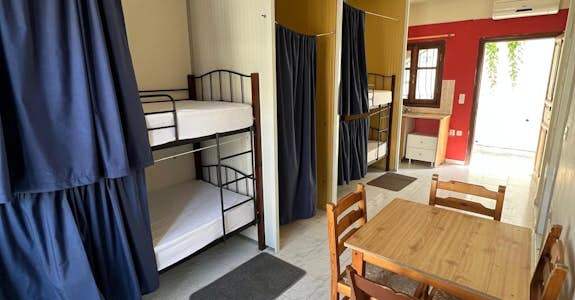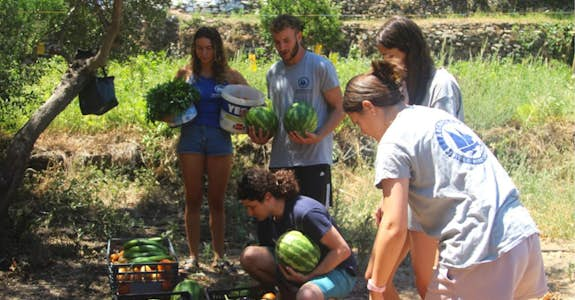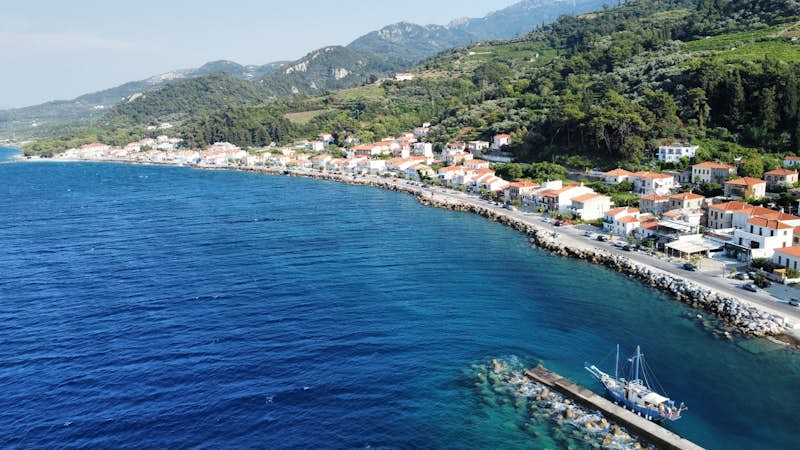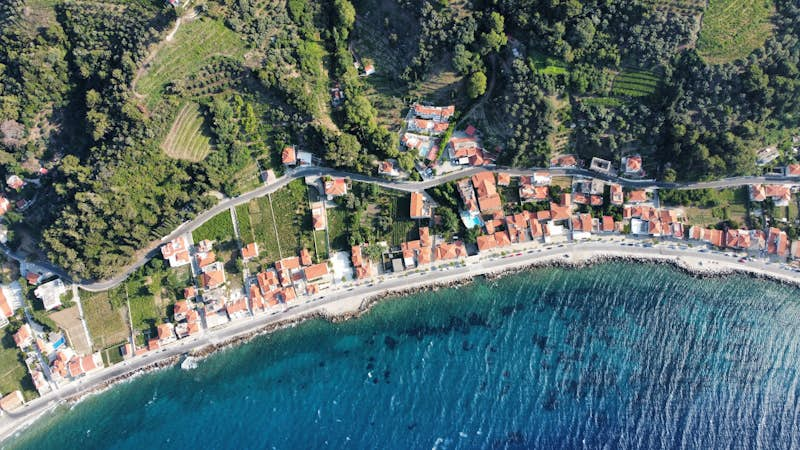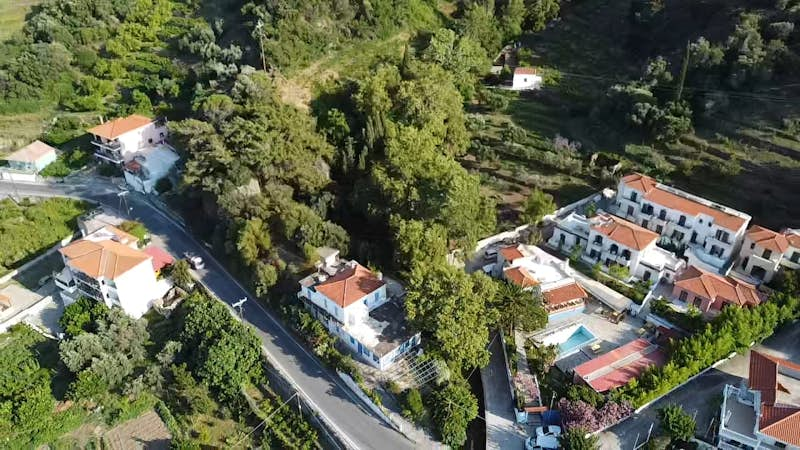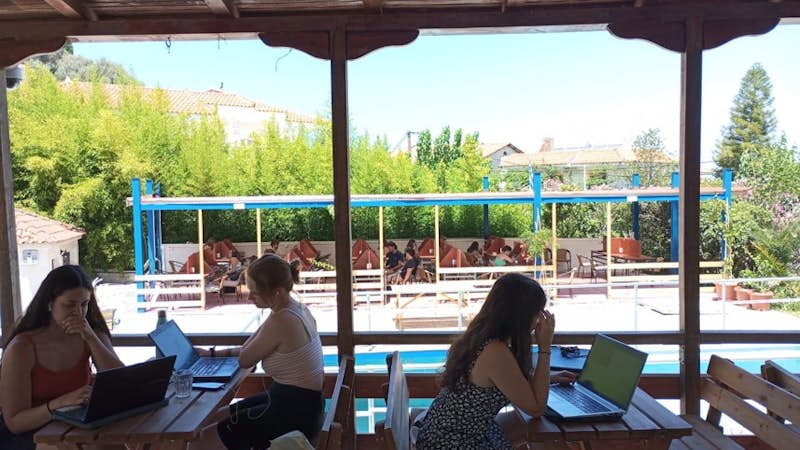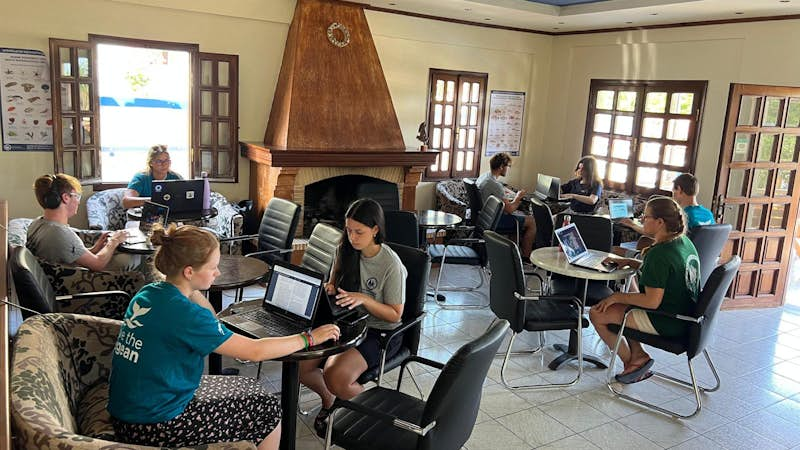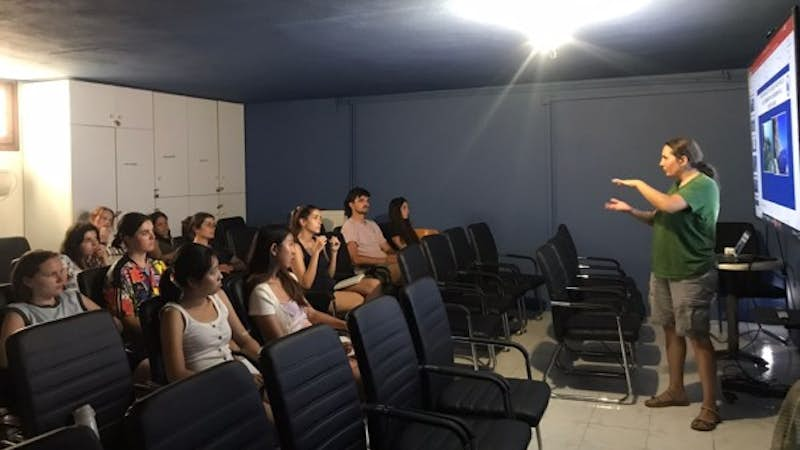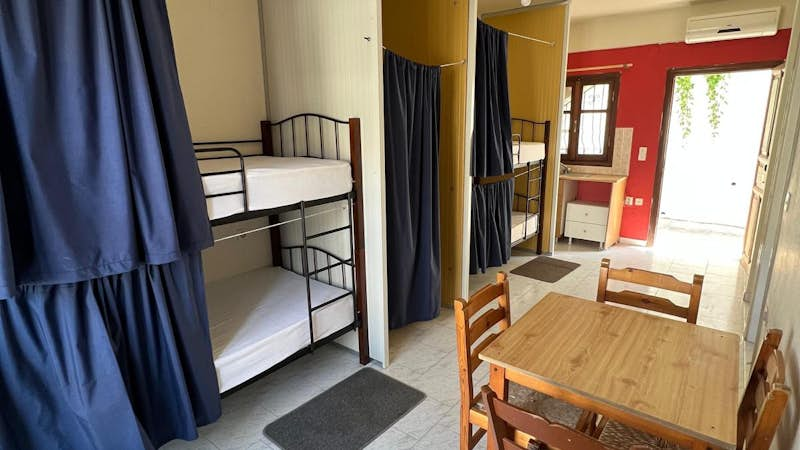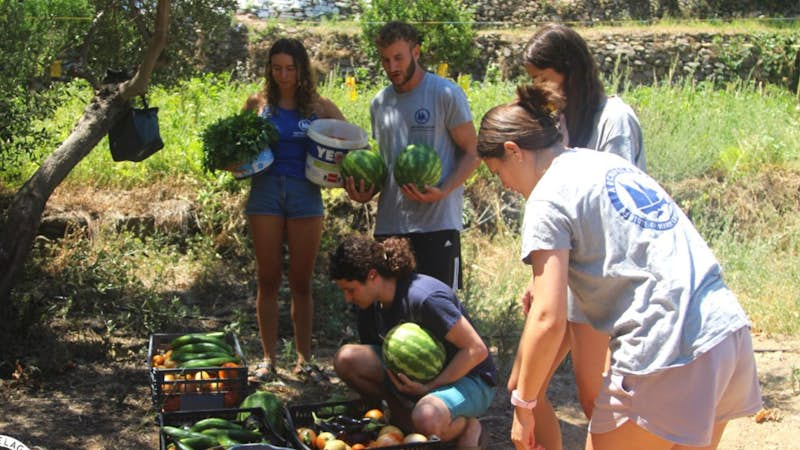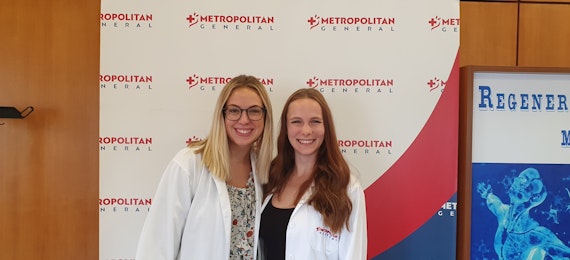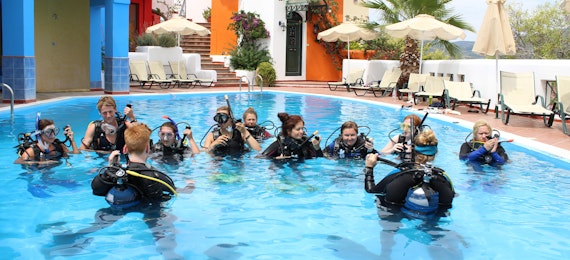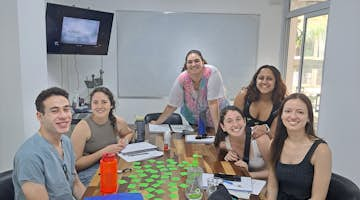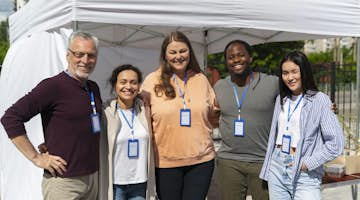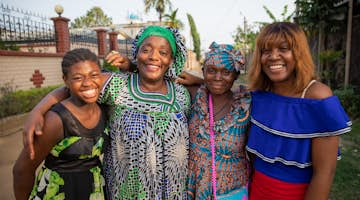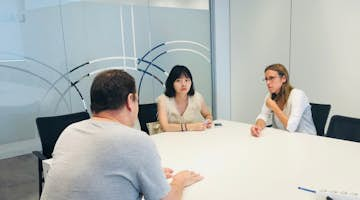
Environmental Policy Internships: Intern abroad in Samos, Greece
If you are passionate about environmental protection for generations to come, a career related to Environmental Policy may be the change-making path you’re looking for. Interns in this field collaborate with an experienced and established institute in Greece, working to understand and address complex environmental challenges. Whether tackling issues surrounding illegal fisheries, liaising with communities to deepen knowledge, reviewing legislation for protected habitats, assessing anthropogenic threats, or putting in place advisory documents for best practice, there is much to learn and progress.
What to expect from your Environmental Policy internship:
- Gain insight into key environmental challenges, such as anthropogenic activities, maritime traffic, illegal fishing, and unsustainable tourism practices.
- Enhance your understanding of how environmental policies and strategies are developed.
- Contribute to conservation efforts through targeted lobbying and legislative research.
- Learn about diverse approaches for both national and international levels.
Your internship abroad host organization:
- Marine Institute of Conservation
Internship details
Illegal and destructive fishing practices, intensive aquaculture, high levels of tourism, and unregulated marine traffic, all pose serious threats to protected marine species and biodiversity. This Environmental Policy internship gives you an opportunity to learn how ongoing field research and data collection can contribute toward environmental advocacy, targeted lobbying, and efforts to fight for lasting change.
This is an in-country internship, with accommodation and meals provided. Click here to view the remote version of this internship you can undertake from home.
Environmental Policy interns collaborate with an experienced Marine Conservation NGO, operating in Samos, Greece. While environmental challenges are global, this program mainly focuses attention on the Aegean and Mediterranean regions, where remaining populations of important marine life are threatened. At the same time, interns are encouraged to compare and contrast diverse legal and policy regimes, to build understanding of how approaches to environmental issues can differ worldwide.
Internship activities broadly focus on law and policy research, as they pertain to management and conservation of diverse marine and terrestrial environments. Activities related to law, policy, and advocacy require a lot of research. Interns should come prepared to get stuck in with a commitment to self-management and initiative. Supervisors will assign tasks and make project recommendations but interns must organize accordingly, use effective methods of managing information, and put suitable timelines in place for achieving goals.
The outcome of Environmental Policy internship activities is used for the creation and/or update of project reports or databases. Interns are challenged to share knowledge and perspectives on their unique learnings, to propose recommendations for future policy-making suggestions.
Examples of research themes include:
- European Union fisheries legislation
- Illegal, unreported and unregulated fisheries
- Sustainable and destructive aquaculture practices
- Promotion of the enforcement of existing legislation
- Sustainable fish consumption
- Trawling and other large scale fisheries practices, and their impact
- Plastic pollution and the protection of protected habitats, such as seagrass meadows and coralligenous reefs
- Environmental crimes, pollution incidents and the destruction of natural habitats and wildlife
- Shipping, ship traffic and maritime accidents
This internship is office-based. However, Environmental Policy interns may (subject to availability) have opportunities to assist with some fieldwork, to acquire hands-on experience with research and conservation tasks.
Interns should expect that the first week of your experience will focus on settling in, building new relationships, gaining introductory and foundational knowledge. Being able to balance the motivation to get stuck in as soon as possible must be balanced with teamwork, patience, the willingness to try new things, achieve learning milestones, and ask questions as you progress. You might find yourself using tools that are new to you - however, this can greatly benefit your future career, as it adds so much more practical experience to your resume!
Typical Schedule
-
Monday to Friday, approximately 9am until 5pm. Activity schedules can vary based on weather conditions and seasonal projects. From April through October, the minimum duration requirement is 8 weeks. From November through March, the minimum duration requirement is 4 weeks.
What are the career benefits of interning abroad as a Environmental Policy Intern?
Environmental Policy interns learn from a qualified and experienced supervisor, and can be involved in:
-
Research legal and policy regimes to increase knowledge of approaches being implemented to address environmental issues.
-
Create/update organizational project reports and databases.
-
Assist with writing reports, preparing documents and writing website content to raise public awareness.
-
Develop management and conservation strategies for environmental protection.
-
Create material and resources required to combat environmental challenges.
-
Propose unique recommendations for future policy-making.
Professional development opportunities:
-
Gain insight into the promotion and enforcement of conservation measures.
-
Learn about effective management techniques necessary for the protection of marine biodiversity.
-
Develop a deeper understanding of the difference between sustainable and destructive environmental practices.
-
Boost your employability and essential soft skills, with guidance from Intern Abroad HQ’s Experiential Learning Curriculum.
Are you eligible for this internship?
Submit a free application so we can confirm your eligibility and check availability for your preferred dates.
Not sure which program to join?
Greece photo gallery
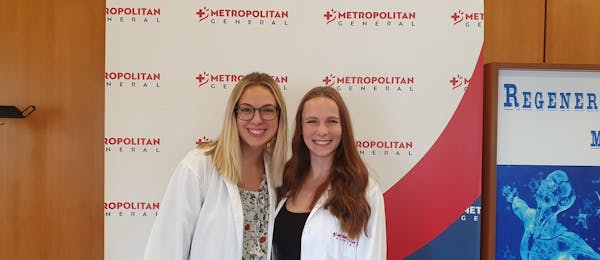
Academic credit available for all internships
Get course credit from your college or university while completing your internship abroad or a remote internship program. It's a great way to meet your academic requirements and gain valuable experience at the same time.
Learn about course creditProgram fees
Applying for our Environmental Policy Internship is completely free! The support package covers the assistance we provide in finding your internship and arranging your living accommodations in your host country, ensuring you thrive during your program.
Please note that a deposit of US$499 is required to confirm your place. The remaining balance (minus your initial US$499 deposit) is due at least 60 days before your internship start date.
Duration |
Program Fee (USD) |
|---|---|
| 4 weeks | $1,975 Equivalent to $70 /day |
| 5 weeks | $2,155 Equivalent to $61 /day |
| 6 weeks | $2,520 Equivalent to $60 /day |
| 8 weeks | $3,225 Equivalent to $57 /day |
| 10 weeks | $3,825 Equivalent to $54 /day |
| 12 weeks | $4,100 Equivalent to $48 /day |
| 16 weeks | $5,130 Equivalent to $45 /day |
| 20 weeks | $6,110 Equivalent to $43 /day |
| 24 weeks | $6,845 Equivalent to $40 /day |
- Airport pick-up
- Daily breakfast, lunch and dinner
- Accommodation
- 24/7 in-country support
- Program orientation
- Dedicated support before, during, and after your internship
- In-country guidance for social and tourist activities
- Sourcing and securing your internship placement
- Personalization of your internship plan
- Coaching from your supervisor
- Documented portfolio of your experiential learnings
- Academic credit facilitation
- International reference letter
- Certificate of Internship Completion
- In-country transportation
- Transfer back to the airport at the end of your internship program
- Visa (if required), flights, travel insurance (mandatory), vaccinations, criminal background check
- Personal spending money for snacks, drinks, public transport, laundry, and leisure activities during your free time.
Activities and tourism
Samos has emerged as peaceful destinations for relaxing away from the hustle and bustle. While the island receives tourism, it is not considered to be a destination for the masses. The island is relatively small and rural, with tight-knit communities, where social cohesion is expected. Spare time during the weekends is available to unwind and explore. There is no shortage of things to see and do, as the islands have ample scenery, hikes, beautiful beaches, restaurants, tourism attractions, culture and history. In the major towns of Pythagoreio, Vathi/Samos City, Karlovasi and Marathokampos, there are numerous shops and supermarkets, tavernas, cafés/restaurants, museums, archaeological sites and pharmacies. The Samos Island medical services include a general hospital in Vathi/Samos City, a health clinic in Pythagoreio, as well as pharmacies in most towns. Note that sometimes internship activities can take place over weekends, so a flexible nature is required.
Arrival and Orientation
Aegean Marine Science & Island Conservation internships take place on Samos Island in Greece. Start dates are available on the first and third Monday of each month only. Exceptions may be made to this when start dates are shifted to avoid public holiday disruptions or closed when the program has already reached capacity. Interns may choose to spend a minimum of 8 weeks, up to a maximum of 12 weeks (or 24 weeks, with advance visa arrangements). Airport pick up and accommodation are included in the Program Fee.
- Interns are asked to arrive on their chosen Monday start date (and no earlier). The accommodation is covered from the first Monday night of the program. If you arrive earlier than your Monday start date, you may be required to arrange your own transportation from the airport and check-in to alternative accommodation (at your own expense) prior to joining the program on the scheduled Monday start date.
- After having time to settle in, a formal orientation will take place the following day. Orientation covers important details for your internship, including introductions, information about customs, rules, expectations, safety, and more.
- The typical port of entry into Greece is the Athens International Airport Eleftherios Venizelos (ATH), the largest international airport in the country. From this airport, interns need to connect onto a further domestic flight to Samos Island, via Samos International Airport (SMI). Upon arrival at SMI, interns will be met, greeted, and transferred to the accommodation. No airport meet-and-greets are provided in Athens.
- The last night of the accommodation is the Friday night of the final week, leaving interns free to depart on Saturday. (Prior to departure, extra nights of accommodation may be arranged in advance, if requested, but are subject to availability.)
- Return transportation to the airport is not included in the internship program fee.
Please note that all participants are advised not to book flights or confirm any other travel bookings until they have first paid the internship program fee deposit, in order to confirm placement and receive further guidance.
Check what's required to visit Greece
Check out the widget below to learn about the visa requirements for the Environmental Policy internship in Greece, based on your country of residence.
Accommodation and WiFi
Aegean Marine Science & Island Conservation internships primarily take place on Samos Island, as this is where the main research base is located. The base is located in the village of Agios Konstantinos in the NW of Samos Island. It is a few minutes walk from the seafront where you can find restaurants and cafes, a small shop and a pharmacy. The bus stop is right in front of the base to go to Vathi (also known as Samos Town), Karlovasi or Pythagorio.
Living is comfortable but basic. The shared accommodation offers electricity, running water, shared common dining area, washing machines and a dryer. The guest bedrooms are shared between 3-4 people of the same gender (each room also includes a shared bathroom). Most guest bedrooms also feature access to a balcony. Please note that private rooms are not available.
The whole team helps out in the on-site organic garden, which provides pesticide-free fruits and vegetables in order to become self-sufficient. (Recently, 75 more fruit trees were planted, and we are looking forward to them all producing fruit within the next couple of years!) The base is gradually being equipped with solar panels as a source of green energy, while ongoing efforts are made to minimize the use of single-use plastic.
It’s important to note that there can occasionally be short-term power or water cuts, which cause temporary inconvenience. In such cases, local staff will ensure that proper reports are made to local authorities so that services can be restored as soon as possible. The base has back-up water tanks for such events. Interns are recommended to keep their devices charged, in case of short-term power outages.
Showers are heated partially by solar power, so they are warm but not always piping hot. At times, the showers may be cold or lukewarm. During the colder months of the year, temperatures can be quite low, so it is important to pack accordingly with warm clothing.
Accommodation is not air conditioned. If you are sensitive to hot temperatures, this should be considered when planning a summer internship. (Likewise, if you are very sensitive to cold conditions, then it is better to schedule your internship outside of winter months - but the rooms do have access to heating systems).
Wi-fi is available but the speed can often be slow during busy periods. It should not be used for streaming videos or music during working hours, as this will affect connectivity for people who are working and conducting research. Wi-fi is also very easily accessed in towns, with just about every cafe and restaurant offering connection to customers.
Interns are strongly advised to ensure that their own smart phone has data for personal use, and encouraged to rely on their own mobile plan for personal connection needs, while also being able to hotspot to their laptop, if need be. Sim cards can be purchased locally for this purpose or you may speak with your own provider about an international roaming plan.
Please note that the accommodation pictured in the photo gallery of this webpage represents the main base, described in this section. However, occasionally interns may have the opportunity to spend time at alternative research bases, on Lipsi island for example, where alternative accommodation is utilized.
Meals
Internships in Greece include three meals per day, served at the accommodation/base. Breakfast is available from 8am until 8:45am. Catering is self service.
The style of food is typically Greek and dishes are simple, including dishes such as pastas, salads, legumes, seasonal fruit and vegetables. The meals provided are intended to be hearty and healthy (based on seasonal produce which is locally available), but not indulgent. Please let us know of any specific dietary requirements that you have in advance, so that we may ensure your hosts are aware and make recommendations accordingly.
In all cases, we advise interns to budget independently for their own snacks and treats. You’ll find the meals to be sufficient but likely different from what you’re used to eating at home. If there are special snacks you like to have, please budget for them and take care of your own preferences independently.
Interns usually report that they spend approximately €30-40 per week on extra food supplies and shopping at the supermarket/bakery (including a meal out). There are many tasty eateries around, so you can enjoy supporting local businesses and trying the delicious specialties. Keep in mind that, depending on your own spending habits and lifestyle choices, personal budgets can vary enormously.
Essential country information
| Capital | Athens |
| Population | 10.75 million |
| Languages | Greek |
| Currency | Euro (€ - EUR) |
| Time zone | UTC+02:00 |
Weather and climate:
In Samos, the climate follows typical Mediterranean patterns. The summers are hot, arid, and clear; the winters are long, cold, wet, and partly cloudy. It is windy in the Aegean Islands year-round.
The main summer period runs from mid June to mid September, with an average daily high temperature above 84°F / 29°C. The hottest month of the year is July, with an average high of 90°F / 32°C. The summer months are also the driest. The Spring period is moderate and (as it’s not so hot) also a popular season for tourism.
The winter months are from late November through to late March. The coldest month of the year is usually January, with an average low of 43°F / 6°C and high of 54°F / 12°C. Rainfall is more common and the winter months on the Greek islands are fairly slow with tourists.
The nature of activities that interns are involved with varies depending upon seasonality, as all internship activities are subject to weather conditions. Therefore, over the winter months, interns should expect less boat surveys (and tasks related to marine mammals) and more tasks related to marine ecology, microplastic assessment in the laboratory, and (subject to availability) marine sanctuary project priorities.
